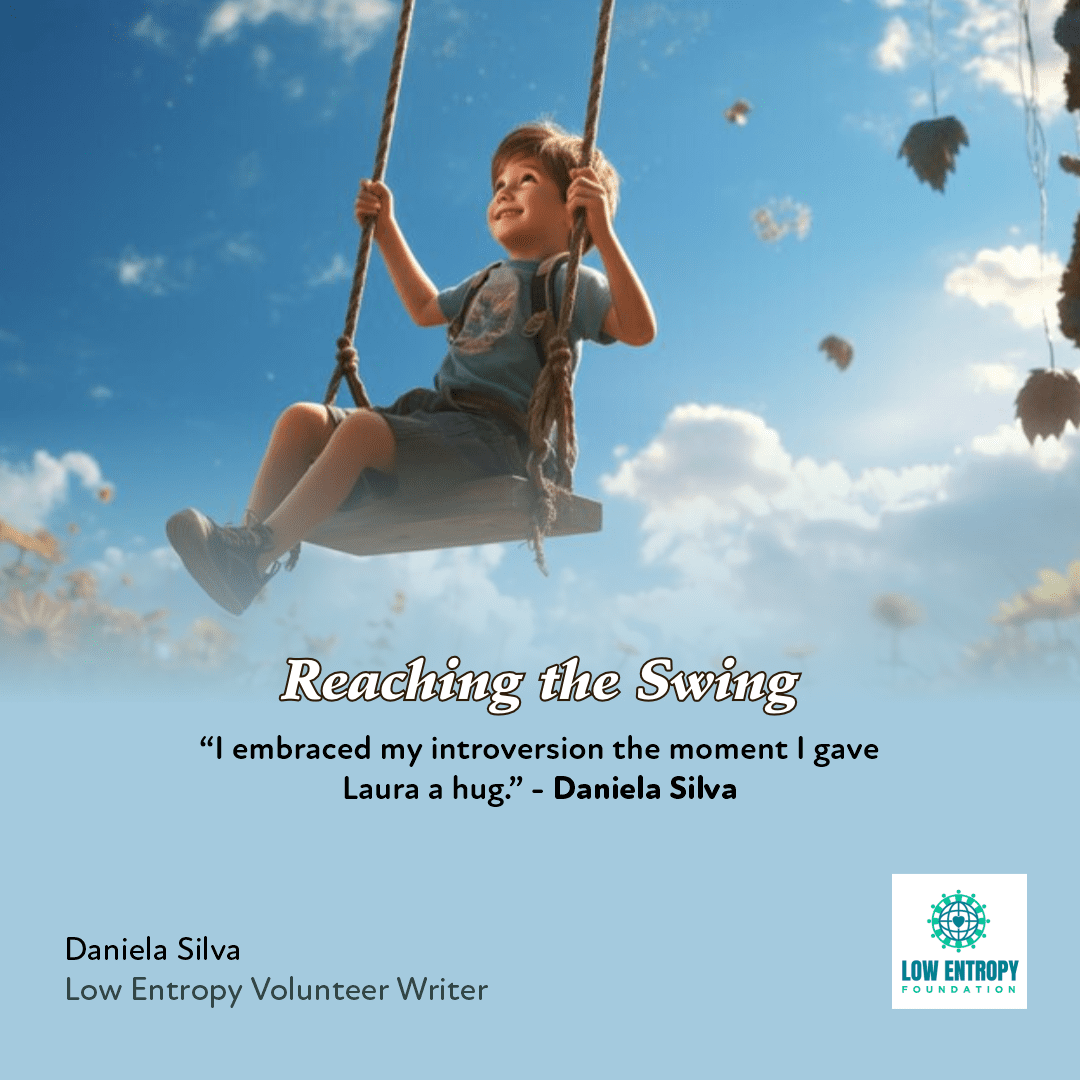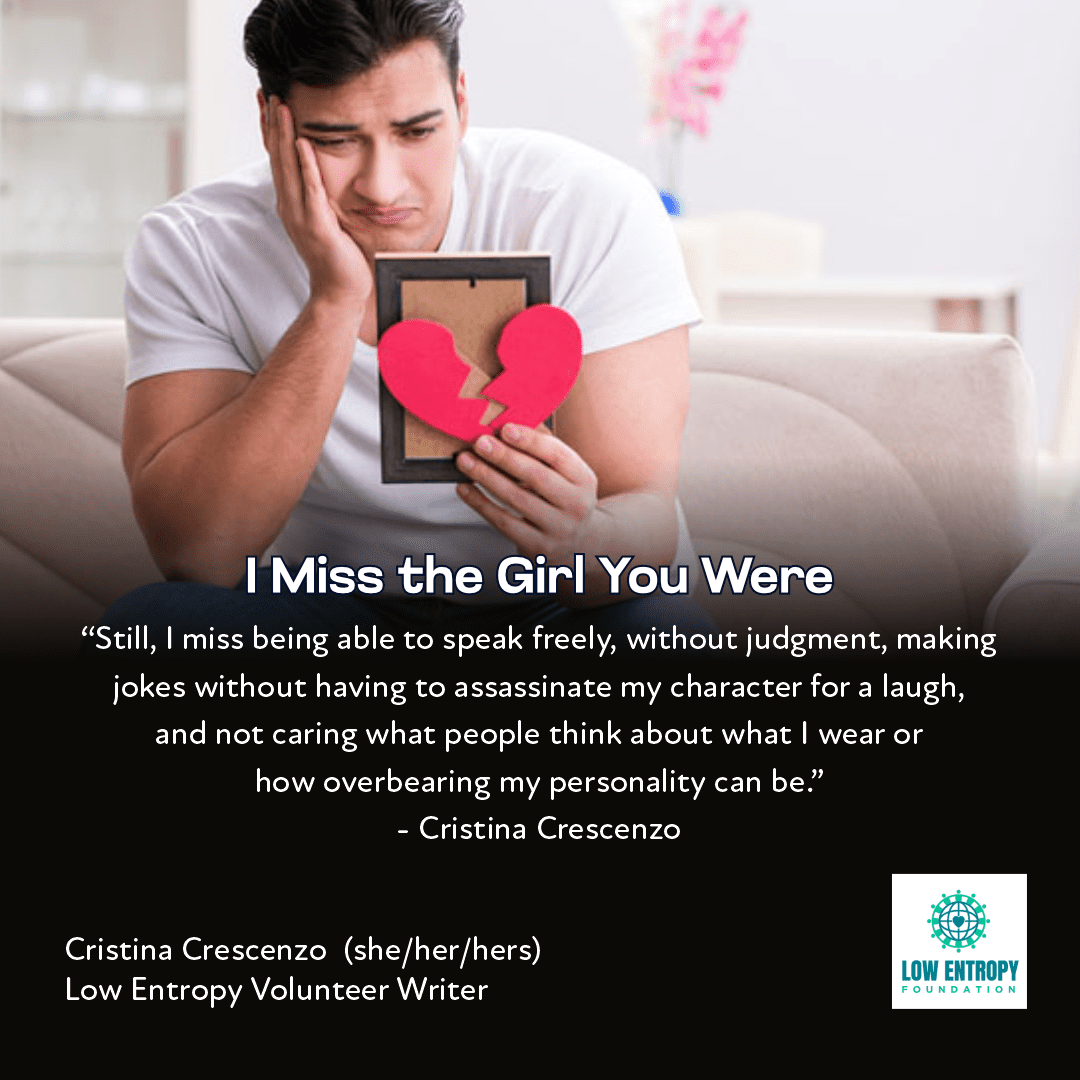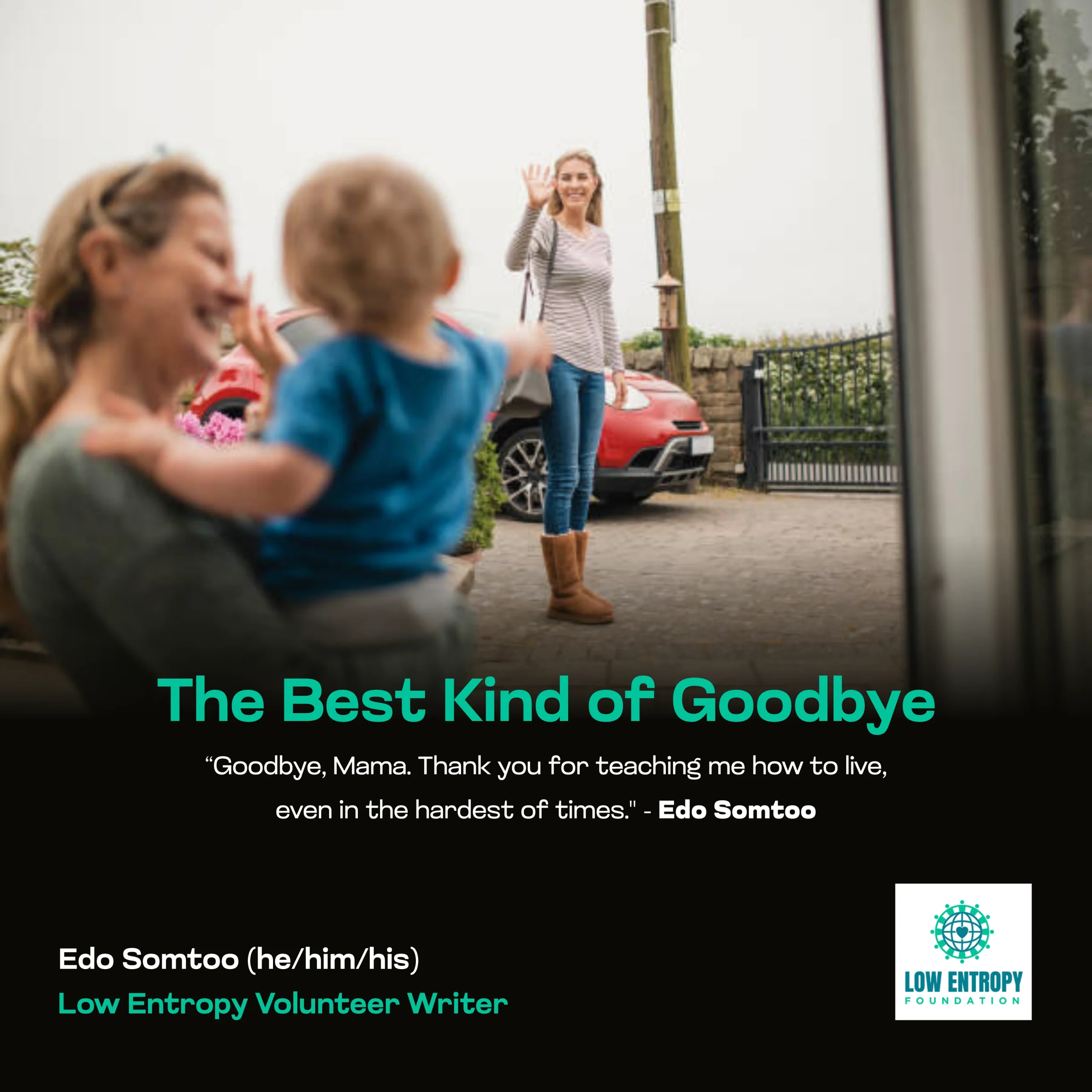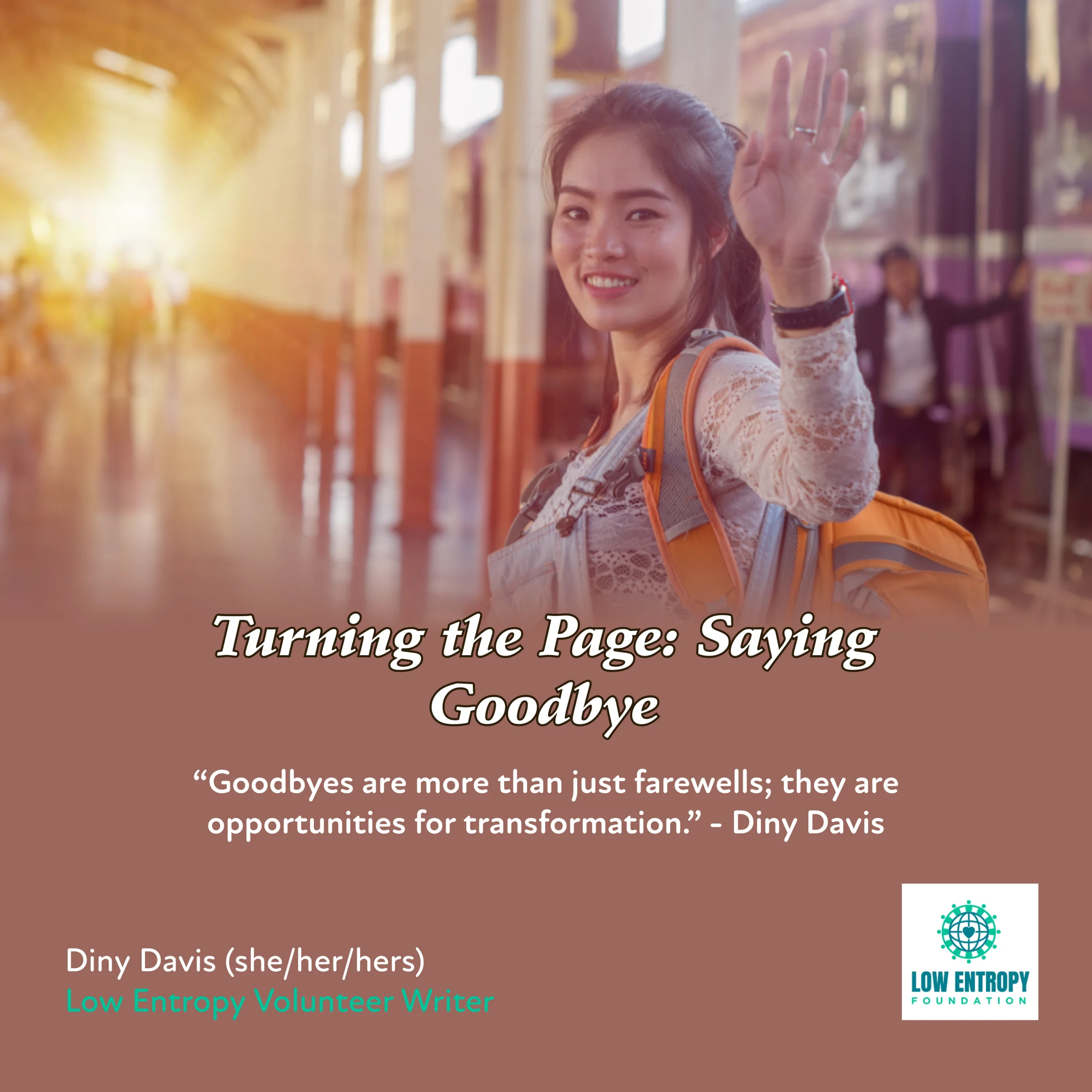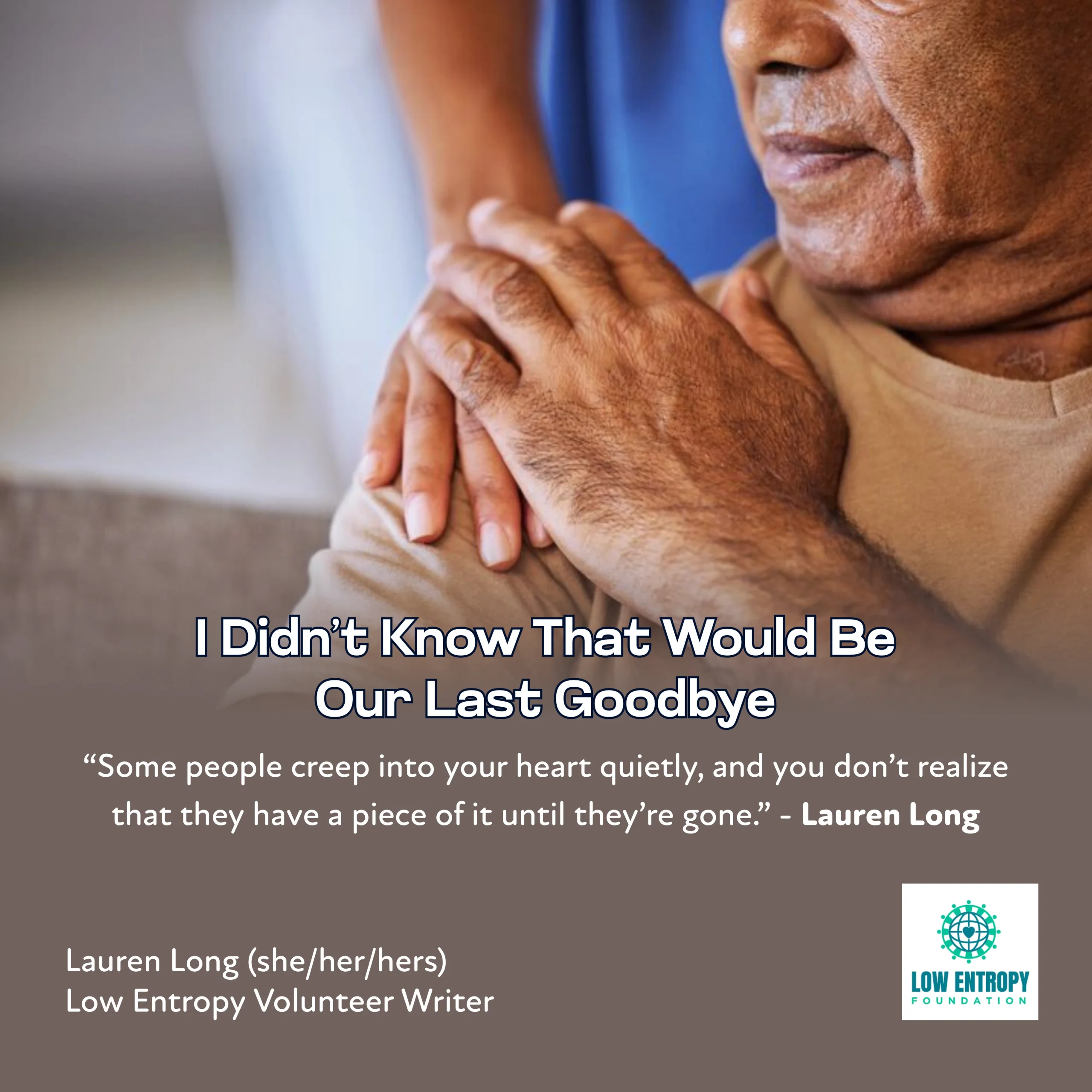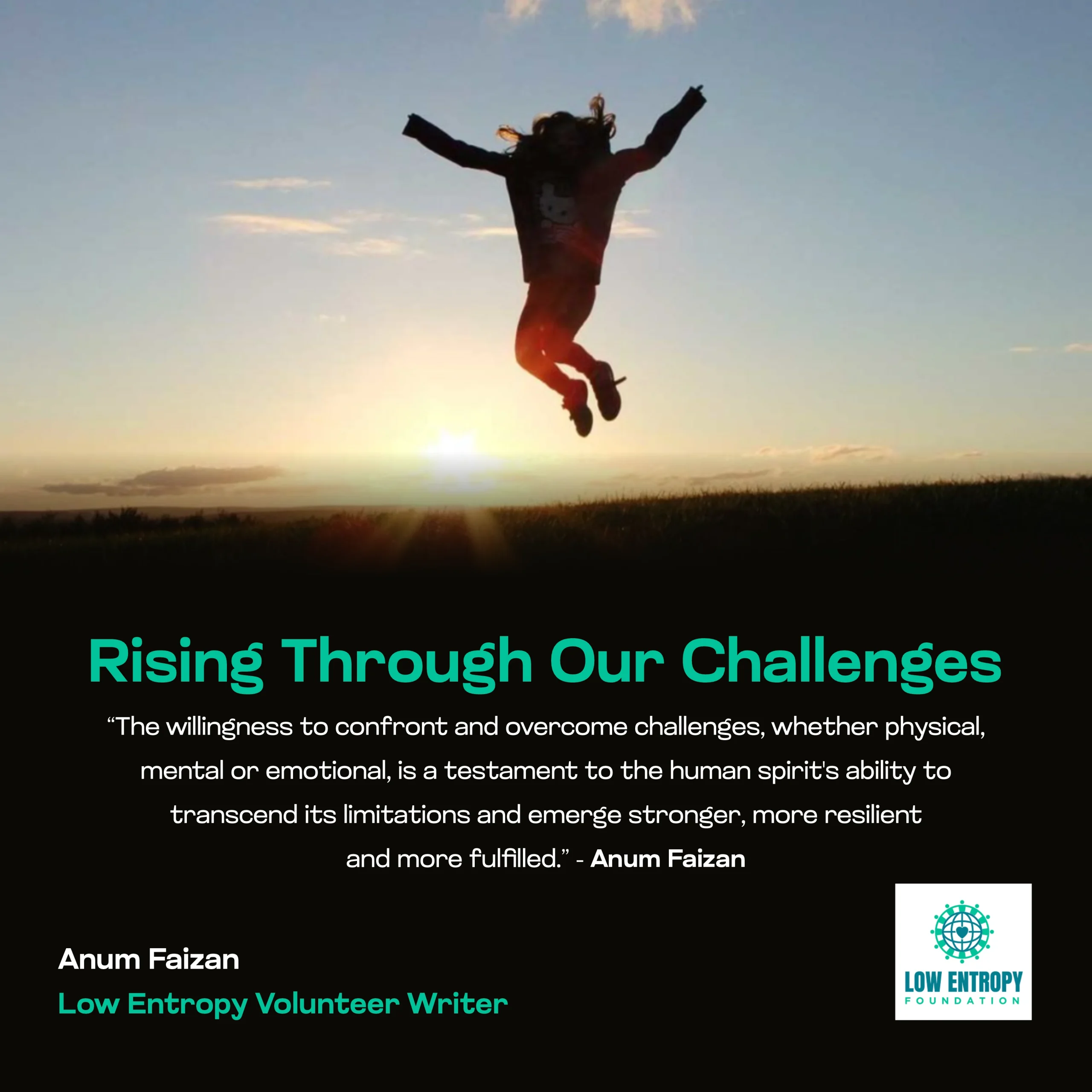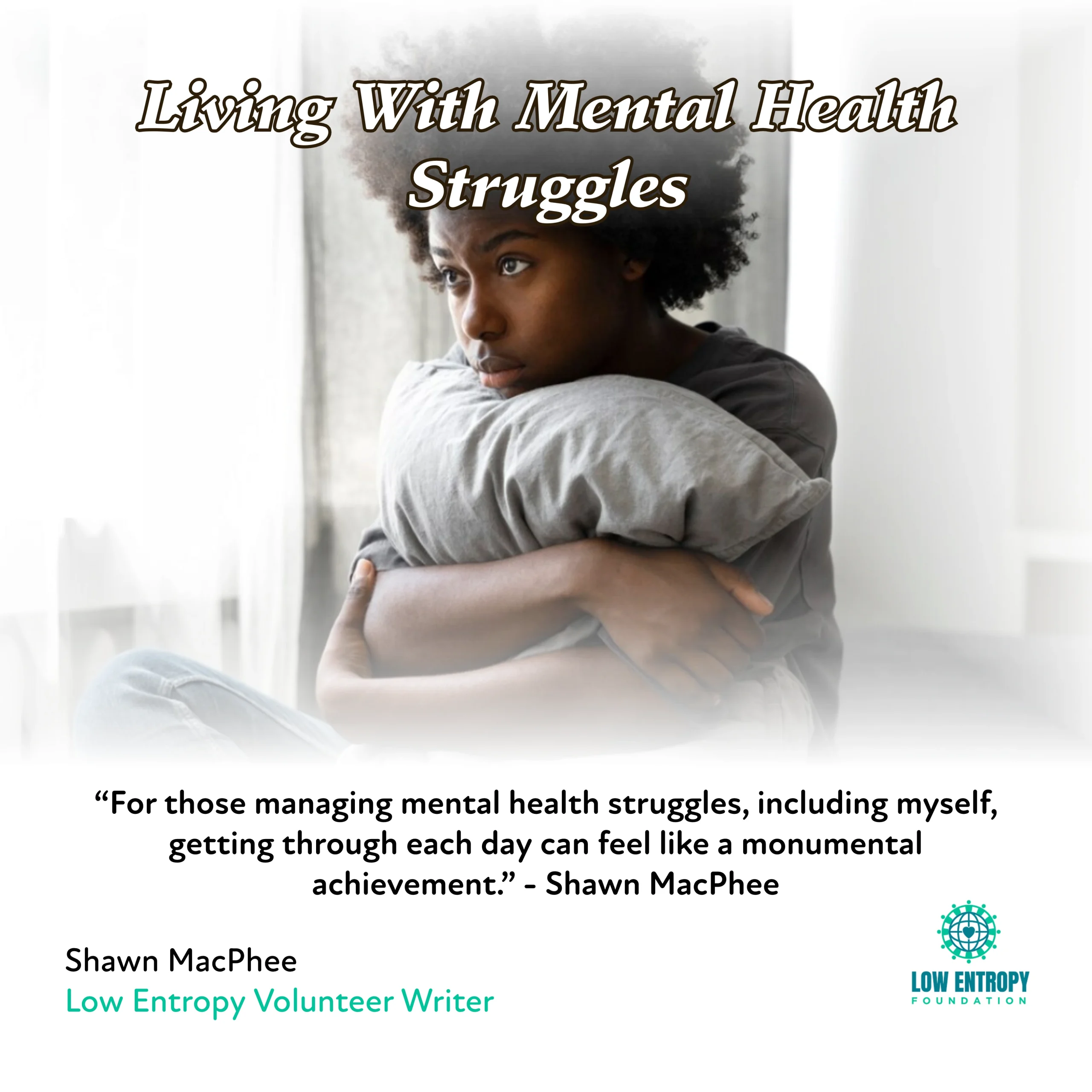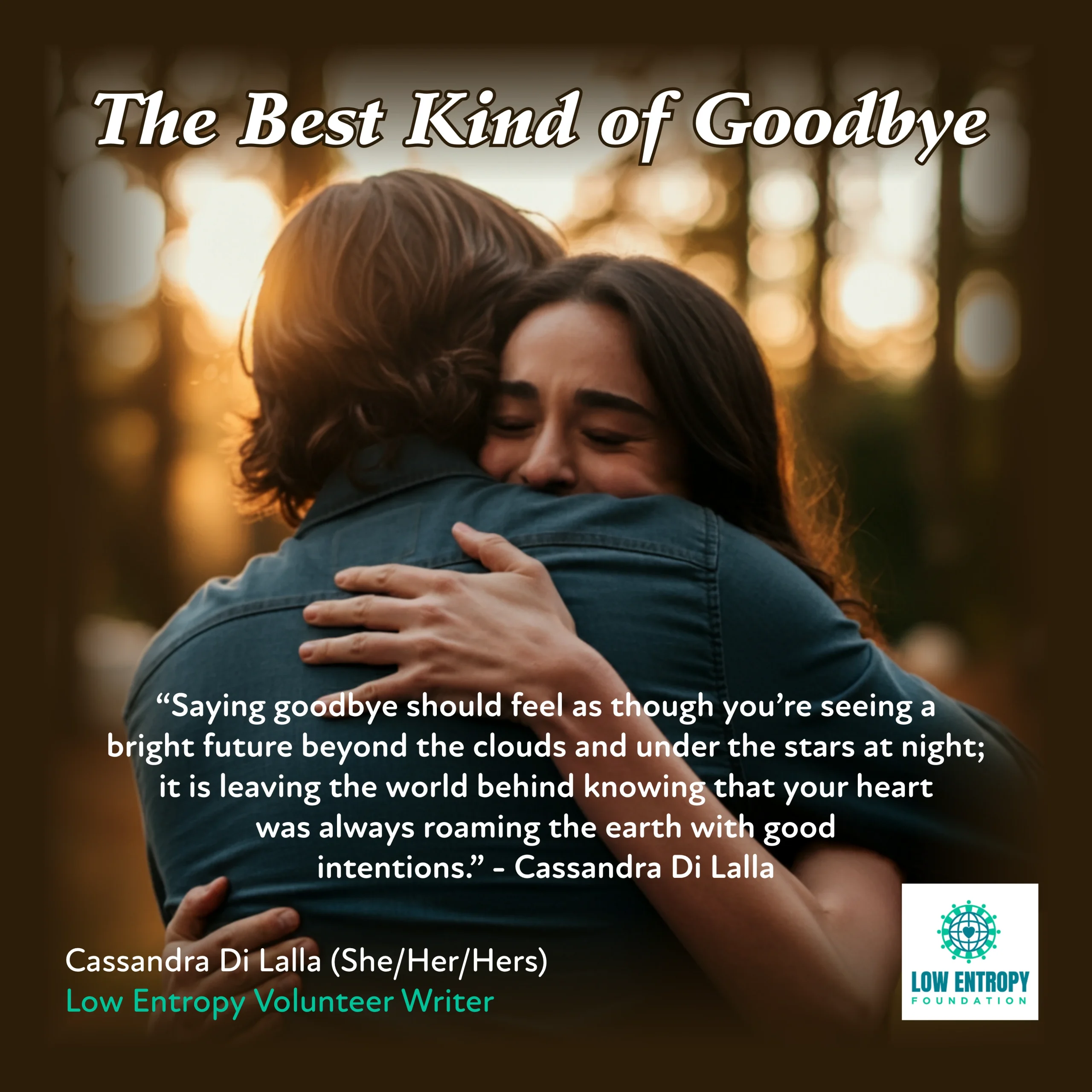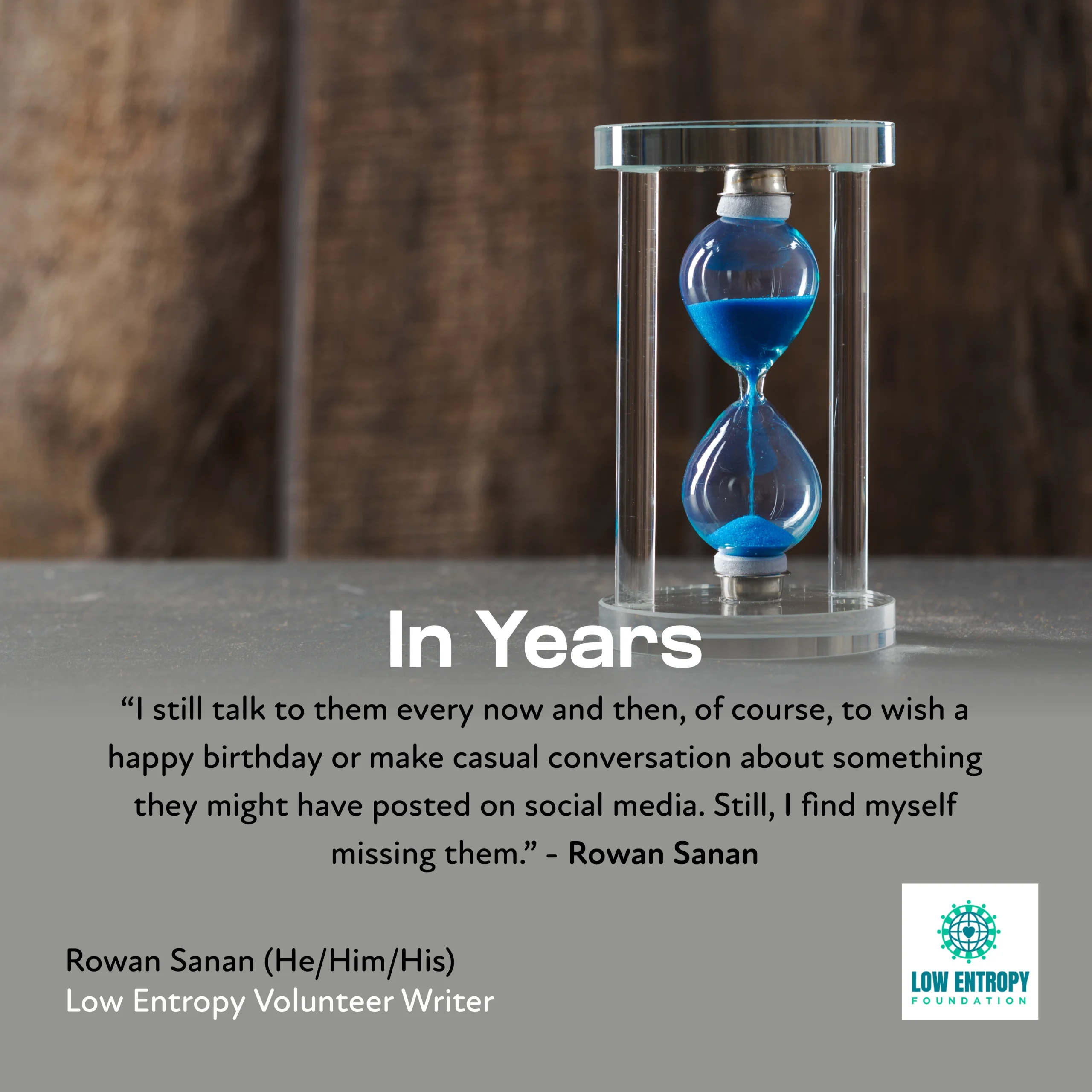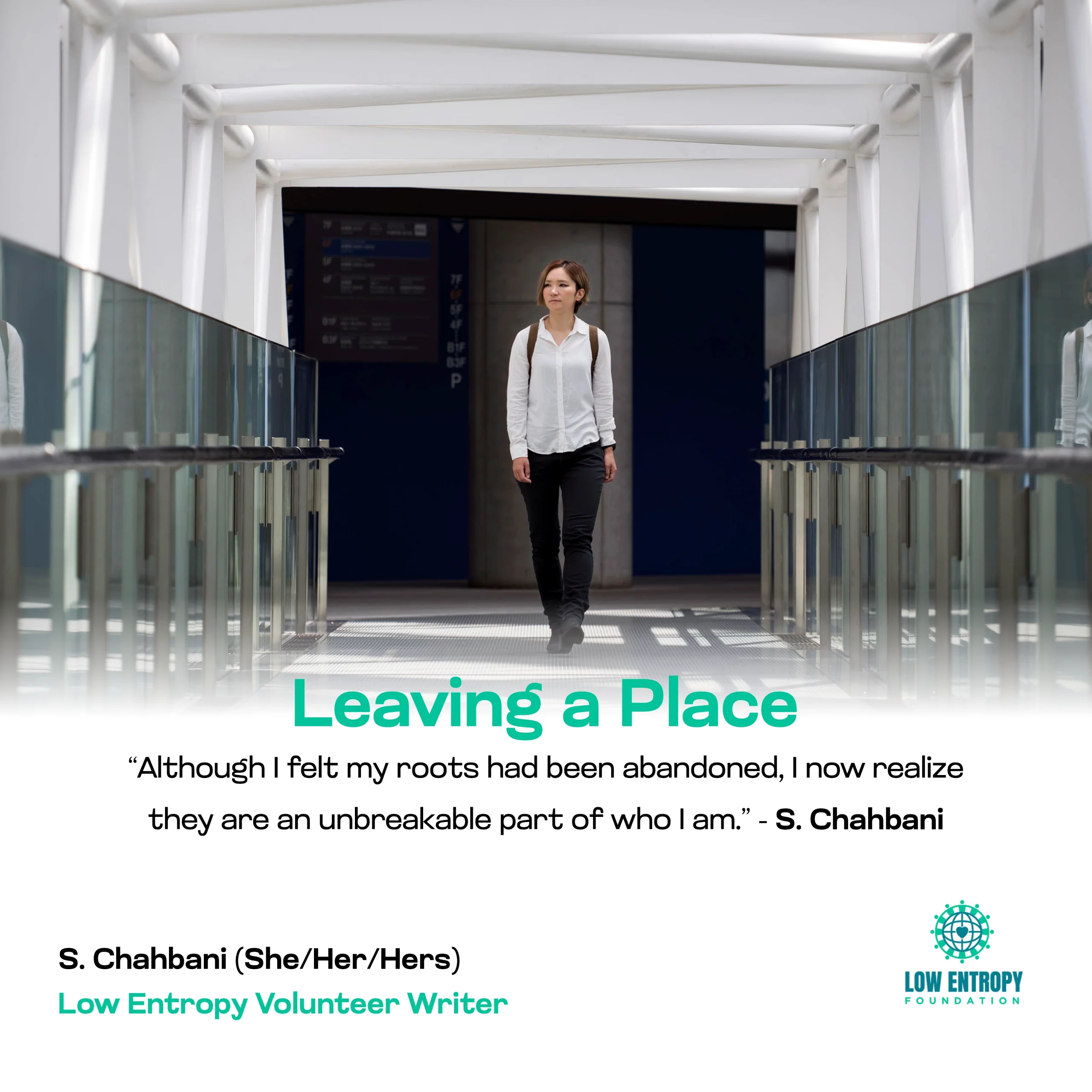Grace Cheng (she/her/hers), Low Entropy Volunteer Writer
Gratitude is an important part of the human journey, a shared emotion that strengthens relationships and enhances overall happiness. An acknowledgment of gratitude can have significant benefits both for the giver and the receiver in today’s tense and negative society. What are some effective ways to express thankfulness? These are some thoughtful approaches you can consider.
- Verbal Recognition
A verbal acknowledgment is one of the easiest and most direct ways of showing gratitude. A simple “thank you” can mean the world for a minor kindness or someone’s assistance during difficult times. Make it a habit to express your appreciation in everyday situations, whether by thanking a cashier for their services or acknowledging a colleague. By being specific, you can make your words more impactful. Instead of applying a generic “thank you,” you might say, “I appreciate you putting in extra hours to help with that report.”
- Handwritten Messages
In today’s digitally focused-world, it is important to send handwritten messages. When you take the time to write a thank-you note, it shows you are invested in the relationship and appreciate the effort others have made for you. Your small gesture can make an impression, especially since it will provide a lasting reminder of your gratitude for the recipient. For special occasions such as anniversaries or milestones, or just to thank someone for their ongoing presence, consider writing a note.
- Kind Gestures
The message conveyed by actions is often more profound than words alone. By displaying gratitude through kind gestures, you can make an impression on your recipient. A simple act of kindness could be as simple as returning a favor or doing something nice for someone who has helped you. For example, if your friend helped you with a challenging task, consider cooking a meal for them or inviting them for an outing. Taking these actions not only shows your appreciation, but also strengthens your relationship.
- Public Acknowledgment
Taking the time to acknowledge someone’s efforts in public can increase the impact of your gratitude. You could do this by shouting out someone on social media or praising someone in a group meeting. It is important to recognize their contributions so that other people will recognize the positive actions occurring around them. Public recognition fosters a culture of gratitude, inspiring others to express gratitude as well.
- Contributing to the Community
In some cases, giving back to the community can be an effective way to convey gratitude. The act of volunteering or doing kind things for others can be a powerful way of honoring the people who have supported you along the way. Whether you volunteer at a local charity or donate to a meaningful cause, your actions can have a ripple effect, prompting others to reciprocate.
- Quality Time Together
The most effective way to show appreciation to loved ones is to spend time with them. By having heartfelt conversations, sharing a meal, or engaging in a joint activity, you can express your gratitude profoundly. Spend time listening to and valuing the person, making an effort to truly hear what they have to say. In this way, you reinforce your relationship with them and increase their importance in your life.
- Meaningful Gifts
The act of giving thoughtful gifts can be regarded as a heartfelt expression of gratitude. Keep in mind that these do not have to be expensive or extravagant; the key is to find something that resonates with the recipient’s tastes or sentiments. Giving a small token of appreciation, such as a favorite book, homemade dessert or something that signifies a shared experience are examples of effective expressions of gratitude.
- Mindfulness Practices
The practice of mindfulness is an effective way to cultivate appreciation for what we have. Taking a moment to reflect on the positive aspects of your life can enhance your gratitude routine. By writing in a gratitude journal or acknowledging someone’s influence in your life, you can strengthen your relationship with them. When you express gratitude, you will be more likely to express gratitude in the future, because you will have shifted your focus to positivity.
- Gratitude Challenges
By incorporating gratitude into your routine, you can reap cumulative benefits. Set up a gratitude challenge with friends or family, in which everyone commits to expressing gratitude every day for seven days or a month. Through this initiative, a habit of appreciation can be cultivated and enriching discussions about gratitude can be inspired.
Gratitude plays an important role in both enhancing our own emotional well-being and nurturing happier relationships; it is more than just something we do to make others feel valued. A variety of ways can be used to express appreciation, whether through verbal recognition, handwritten messages, kind gestures or spending meaningful time together. By integrating these practices into our daily lives, we uplift others and create a more positive and supportive atmosphere for ourselves as well. When you act with thankfulness, you will transform lives with heartfelt acknowledgment at a time where the world often overlooks the smaller joys.
—
Grace has an accounting and finance background. She enjoys reading, writing, listening to music, watching movies and playing sports.











